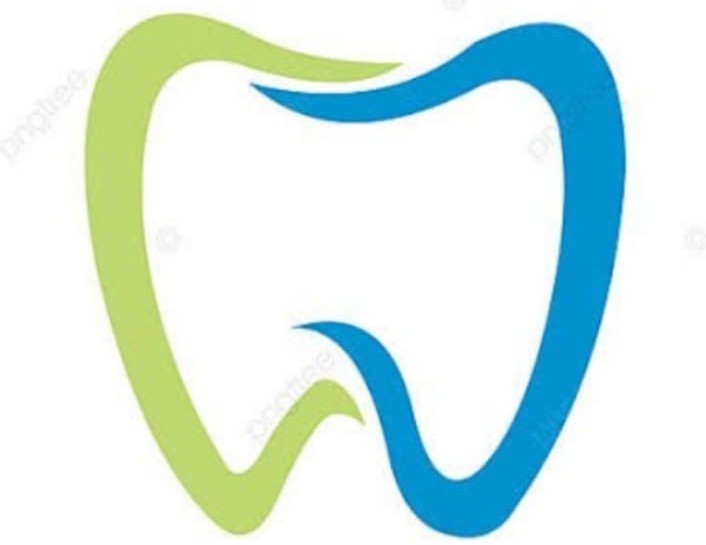What Is Cleft Lip and Palate?
Cleft lip and palate are birth conditions. They happen when a baby’s lip or the roof of the mouth does not form fully. This gap can affect eating, speaking, and even breathing. Early dental care is key for children with cleft lip and palate. In fact, cleft lip and palate dental care starts soon after birth and continues as the child grows.
Common Symptoms and Challenges
Children with cleft lip and palate may face many challenges. For example, they might have:
Because of these issues, regular dental visits are important. Early care helps prevent bigger problems later.
Causes and Risk Factors
Doctors do not always know why cleft lip and palate happen. However, some causes and risk factors include:
While not all causes can be prevented, healthy habits during pregnancy may lower the risk.
The Dentist’s Role in Diagnosis and Treatment
Dentists play a big part in cleft care. First, they help spot dental problems early. Next, they work with surgeons and other doctors to plan treatment. For example, dentists may:
Because every child is different, the dentist’s role in cleft treatment changes as the child grows.
Dental Care Before and After Surgery
Before surgery, dentists help keep the mouth clean and healthy. They may teach parents how to clean the baby’s mouth gently. After surgery, dental check-ups are even more important. Dentists watch for:
With regular visits, dentists can fix small issues before they become big problems.
Long-Term Oral Health Management
Long-term oral health for cleft patients needs special care. Dentists often:
Because cleft lip and palate dental care is ongoing, families should keep up with dental visits as the child grows.
Preventive Tips and Lifestyle Guidance
Good habits help protect oral health for cleft patients. Here are some tips:
With these steps, children can enjoy better oral health and fewer problems.
Importance of a Multidisciplinary Team
Care for cleft lip and palate needs a team approach. Dentists work with surgeons, speech therapists, and other experts. Together, they make a plan for each child. This team helps with:
Because every child’s needs are unique, teamwork leads to the best results.
Conclusion
Cleft lip and palate can affect many parts of a child’s life. However, with early and regular dental care, many problems can be managed or prevented. If you have questions about cleft lip and palate dental care, consult a dental specialist for personalized cleft care guidance.

